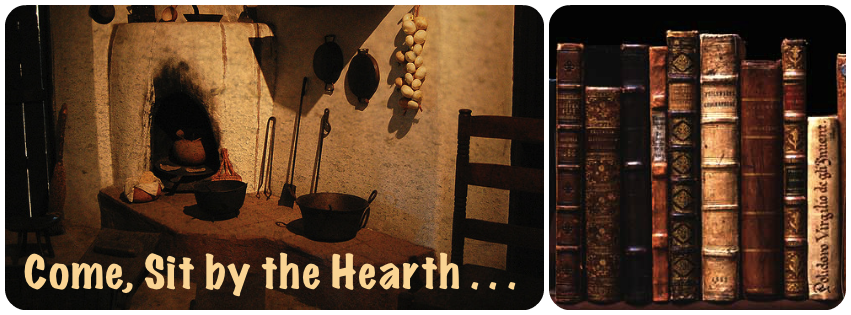Something needs to be done—like dragging a big black plastic sack through the upstairs rooms, emptying into it each waste basket, the trash of three lives for a week or so. I am careful and slow about it, so that this little chore will banish the big ones. But I leave the bag lying on the floor and I go into my daughter’s bedroom, into the north morning light from her windows, and while this minute she is at school counting or spelling a first useful word I sit down on her unmade bed and I look out the windows at nothing for a while, the unmoving buildings—houses and a church—in the cold street.
Across it a dark young man is coming slowly down the white sidewalk with a snowshovel over his shoulder. He’s wearing a light coat, there’s a plastic showercap under his dirty navy blue knit hat, and at a house where the walk hasn’t been cleared he climbs the steps and rings the doorbell and stands waiting, squinting sideways at the wind. Then he half wakes and he says a few words I can’t hear to the storm door that doesn’t open, and he nods his head with the kindly farewell that is a habit he wears as disguise, and he goes back down the steps and on to the next house. All of this in pantomime, the way I see it through windows closed against winter and the faint sounds of winter.
My daughter’s cross-eyed piggy bank is also staring out blankly, and in its belly are four dollar bills that came one at a time from her grandmother and which tomorrow she will pull out of the corked mouthhole. (It’s not like the piggy banks you have to fill before you empty them because to empty them you have to smash them.) Tomorrow she will buy a perfect piece of small furniture for her warm well-lit dollhouse where no one is tired or weak and the wind can’t get in.
Sitting on her bed, looking out, I didn’t see a bundled-up lame child out of school and even turned out of the house for a while, or a blind woman with burns or a sick bald veteran—people who might have walked past stoop-shouldered with what’s happened and will keep happening to them. So much limping is not from physical pain—the pain is gone now, but the leg’s still crooked. The piggy bank and I see only the able young man whose straight back nobody needs.
When he finally gets past where I can see him, it feels as if a kind of music has stopped, and it’s more completely quiet than it was, an emptiness more than a stillness, and I get up from the rumpled bed and I smooth the covers, slowly and carefully, and I look around the room for something to pick up or straighten, and I take a wadded dollar bill from my pocket and put it into the pig and I walk out.
Reginald Gibbons, “Friday Snow” from Saints (New York: Persea Books, 1986). Copyright © 1986 by Reginald Gibbons. Reprinted with the permission of the author.
from:
Saints. Copyright 1986.

No comments:
Post a Comment